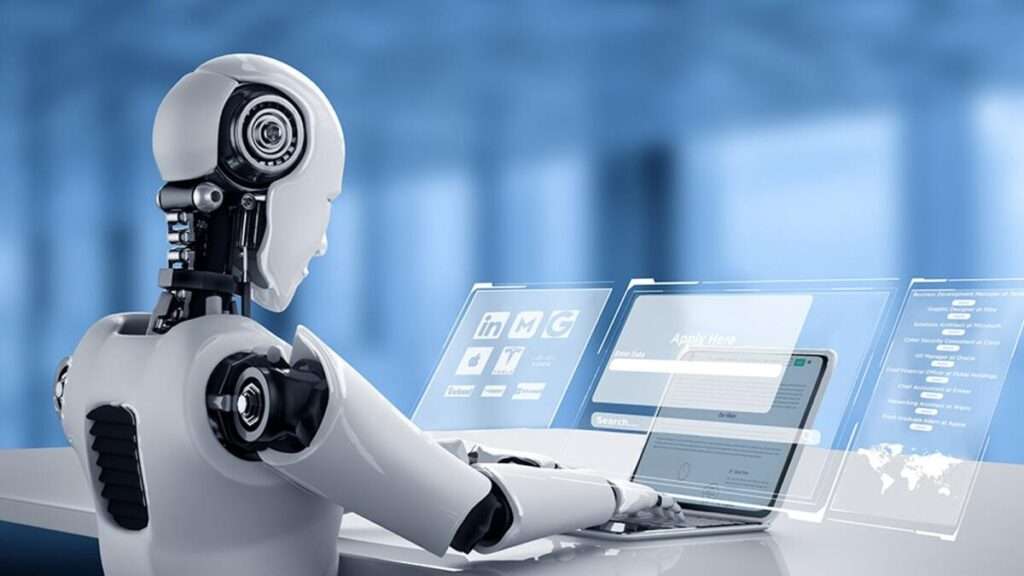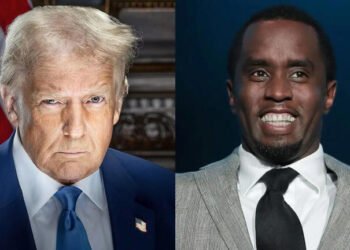Following calls by over 1000 tech workers this week for a pause in the training of the most powerful AI systems, including Chat GPT, UNESCO has called on countries to fully implement its Recommendation on the Ethics of Artificial Intelligence immediately.
Meanwhile, Audrey Azoulay, UNESCO’s Director-General noted that the global normative framework, adopted unanimously by the 193 Member States of the Organization, provides all the necessary safeguards.
“The world needs stronger ethical rules for artificial intelligence: this is the challenge of our time. UNESCO’s Recommendation on the ethics of AI sets the appropriate normative framework. Our Member States all endorsed this Recommendation in November 2021. It is high time to implement the strategies and regulations at national level. We have to walk the talk and ensure we deliver on the Recommendation’s objectives.”
Audrey Azoulay
UNESCO’s Recommendation on the Ethics of Artificial Intelligence is the first global framework for the ethical use of artificial intelligence. It guides countries on how to maximize the benefits of AI and reduce the risks it entails. To this end, it contains values and principles, but also detailed policy recommendations in all relevant areas.
UNESCO is concerned by many of the ethical issues raised by these innovations, in particular discrimination and stereotyping, including the issue of gender inequality, but also the fight against disinformation, the right to privacy, the protection of personal data, and human and environmental rights.
Industry Self-Regulation Not Sufficient
Industry self-regulation is clearly not sufficient to avoid these ethical harms, which is why the Recommendation provides the tools to ensure that AI developments abide by the rule of law, avoiding harm, and ensuring that when harm is done, accountability and redressal mechanisms are at hand for those affected.

UNESCO’s Recommendation places a Readiness Assessment tool at the core of its guidance to Member States. This tool enables countries to ascertain the competencies and skills required in the workforce to ensure robust regulation of the artificial intelligence sector. It also provides that the States report regularly on their progress and their practices in the field of artificial intelligence, in particular by submitting a periodic report every four years.
To this date, more than 40 countries in all regions of the world are already working with UNESCO to develop AI checks and balances at the national level, building on the Recommendation. UNESCO calls on all countries to join the movement it is leading to build an ethical AI. A progress report will be presented at the UNESCO Global Forum on the Ethics of Artificial Intelligence in Slovenia in December 2023.
While a number of definitions of artificial intelligence (AI) have surfaced over the last few decades, John McCarthy defines AI as “It is the science and engineering of making intelligent machines, especially intelligent computer programs. It is related to the similar task of using computers to understand human intelligence.”
At its simplest form, artificial intelligence is a field, which combines computer science and robust datasets, to enable problem-solving. It also encompasses sub-fields of machine learning and deep learning, which are frequently mentioned in conjunction with artificial intelligence. These disciplines are comprised of AI algorithms which seek to create expert systems which make predictions or classifications based on input data.



















